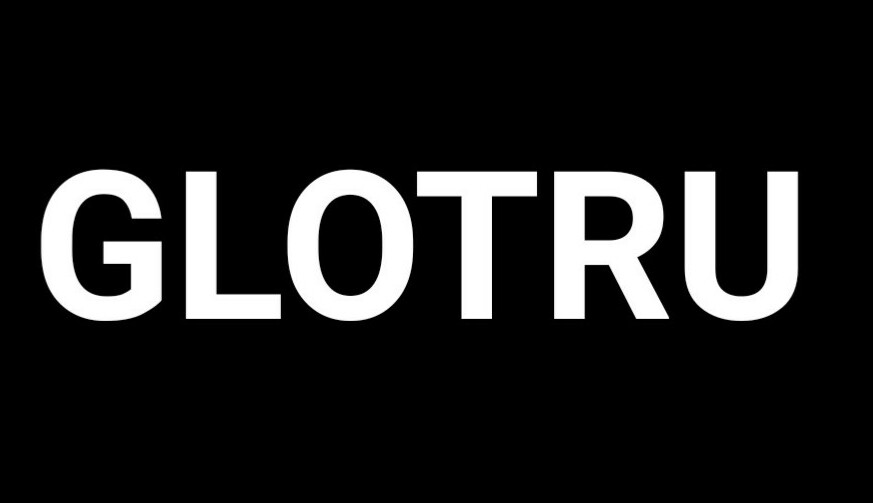PHP Introduction
PHP (Hypertext Preprocessor) is a popular server-side scripting language primarily used for web development. It was created by Rasmus Lerdorf in 1994 and has since become one of the most widely used programming languages for building dynamic websites and web applications.
Here are some key points about PHP:
- Server-side scripting: PHP is a server-side scripting language, which means it is executed on the web server rather than on the user’s computer. The PHP code is embedded within HTML and is processed by the server before the resulting HTML is sent to the client’s browser.
- Open-source: PHP is an open-source language, which means it is freely available for anyone to use, modify, and distribute. The open-source nature of PHP has contributed to its widespread adoption and the development of a vast ecosystem of frameworks, libraries, and tools.
- Designed for web development: PHP was designed specifically for web development. It provides built-in support for handling web-related tasks such as accessing databases, processing form data, generating dynamic content, and interacting with web servers.
- Easy to learn and use: PHP is known for its simplicity and ease of use, making it an accessible language for beginners. It has a syntax similar to C, Java, and other popular programming languages, which makes it relatively easy to understand and write code in PHP.
- Wide community and extensive documentation: PHP has a large and active community of developers worldwide. This community contributes to the development of PHP itself, as well as numerous frameworks (such as Laravel, Symfony, and CodeIgniter) and libraries. There is also extensive documentation available, making it easier for developers to learn and troubleshoot PHP-related issues.
- Database integration: PHP has excellent support for connecting to and interacting with databases. It provides a wide range of extensions and functions for working with databases such as MySQL, PostgreSQL, Oracle, and more. This makes it well-suited for building database-driven web applications.
- Cross-platform compatibility: PHP is compatible with multiple operating systems like Windows, macOS, Linux, and various web servers such as Apache and Nginx. This cross-platform compatibility allows PHP applications to run on different environments with minimal modifications.
- Popular content management systems (CMS): PHP powers many popular content management systems such as WordPress, Drupal, and Joomla. These CMS platforms rely heavily on PHP for their core functionality and customization options.
Overall, PHP is a versatile and widely-used programming language for web development. Its simplicity, extensive community support, and integration capabilities with databases have contributed to its enduring popularity in the web development industry.

